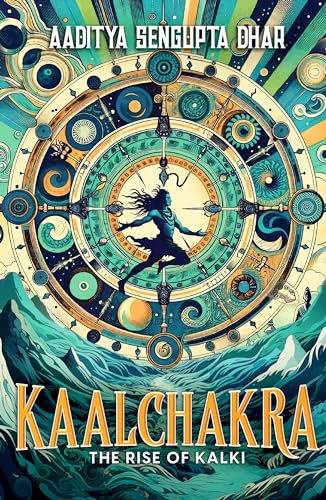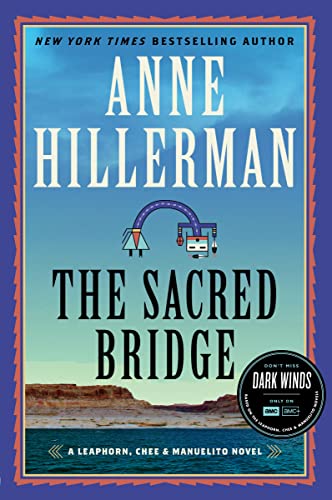by Daniel A. Smith
The first recorded Europeans to cross the Mississippi River reached the western shore on June 18, 1541. Hernando De Soto and his army of three hundred and fifty battle-hardened conquistadors spent the next year and a half conquering the nations in the fertile flood-plains of eastern Arkansas.
Three surviving sixteenth-century journals written during the expedition detailed a complex array of twelve different nations. Each had separate beliefs, languages, and interconnected villages with capital towns comparable in size to European cities of the time. Through these densely populated sites, the Spanish carried a host of deadly old-world diseases, a powerful new religion, famines and wars. During this short timeframe, ninety to ninety-five percent of the existing population perished according to current estimations.
Hernando De Soto died in the land he ravaged and plundered, disillusioned that he could not find the gold and great treasures he had promised his army. The surviving war-weary conquistadors under constant attacks fled down the Mississippi River on hastily built barges.
No other Europeans ventured into this land until French explorers arrived one hundred and thirty years later. They found nothing of the vibrant people, the flourishing societies, or the grand cities that the Spanish had so vividly described.
A hundred cold winters passed since the Son-of-the-Sun (their name for De Soto) and his conquistadors arrived with war and destruction. Manaha, Mother-of-None steps before the village fire of the small tribe of survivors. Rejecting long-held taboos, the old woman demands that the tribe allow the children to hear her passed-down stories about their ancient, abandoned homeland and the time of the Great Dying.
Before Manaha can finish her first story, an angry tribal leader douses her fire and frightens her young listeners into the night. Friends shun her and tribal elders threaten banishment. Manaha refuses to stop for those few children who come to listen while hiding the shadows. The only hope that the unique history and stories, the last remaining essence of a forgotten people, will survive lies with one unlikely Storykeeper.
 – Learn More
– Learn More






























